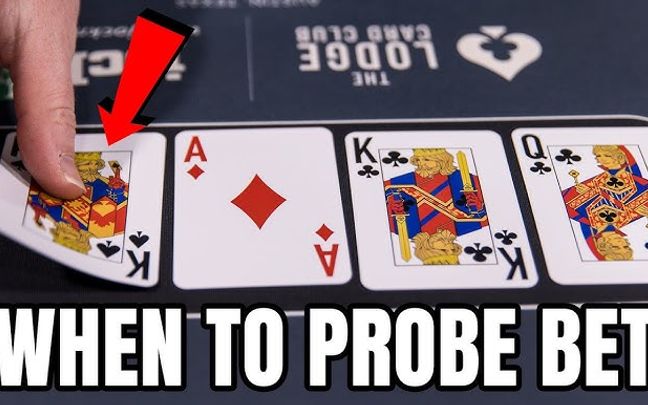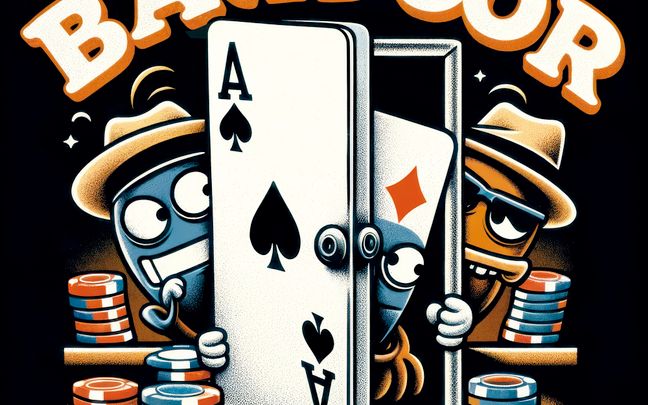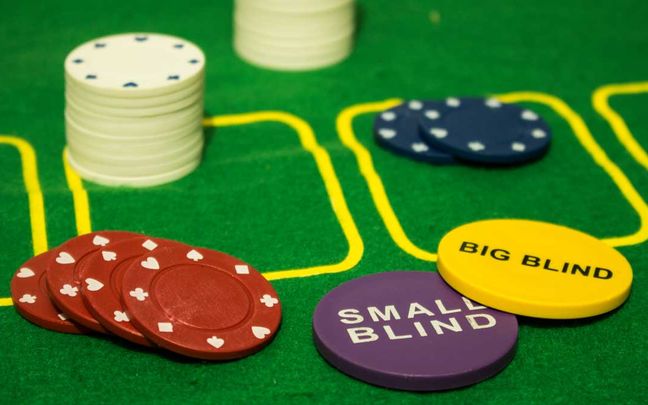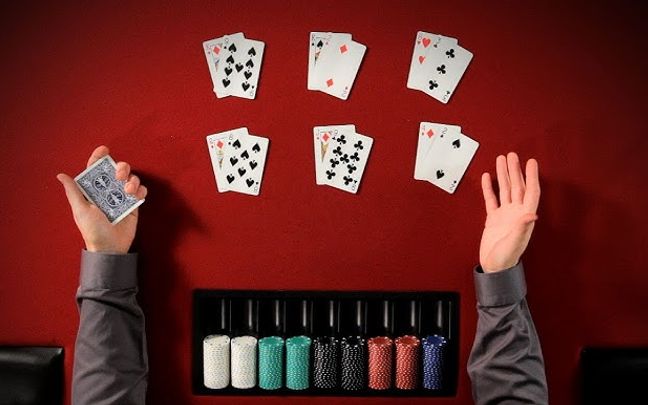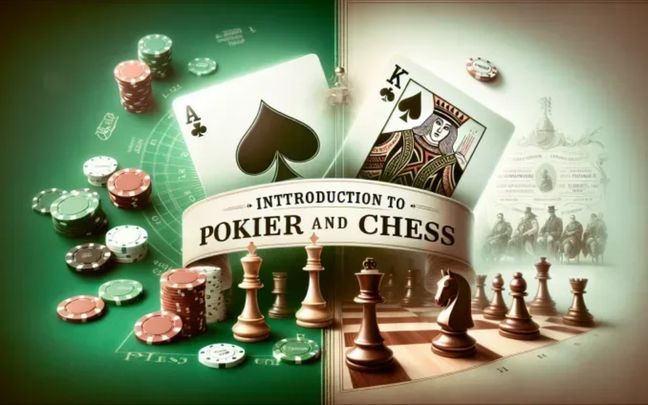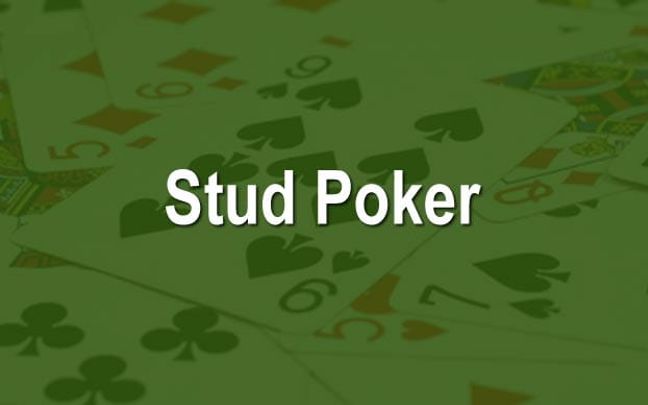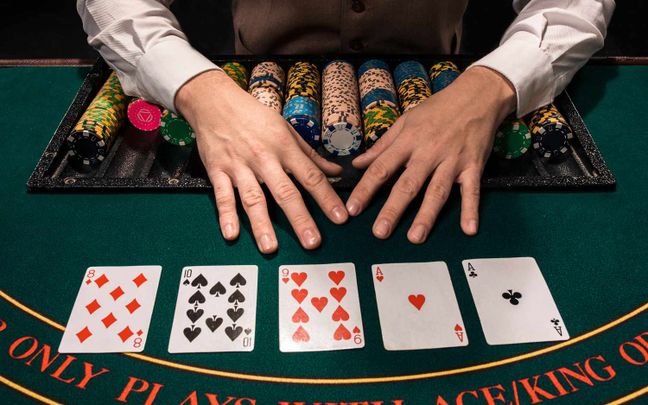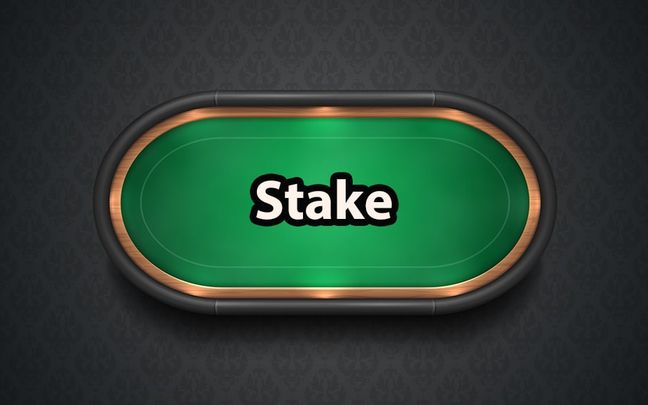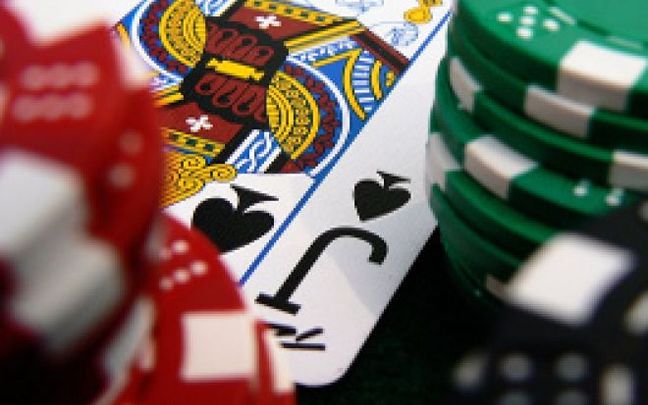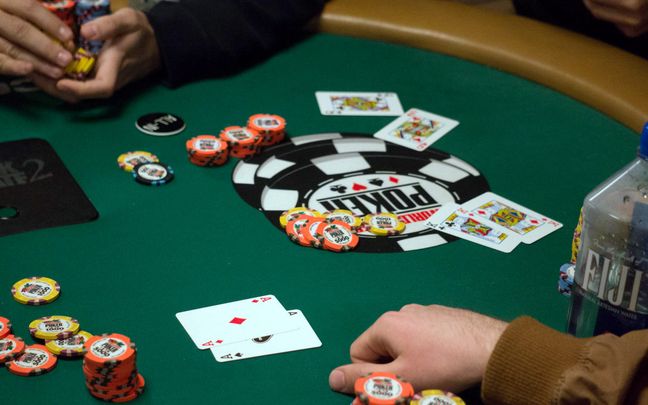Hole cards in poker are the two private cards each player receives at the beginning of a hand. These cards play a crucial role in building your hand. They are not revealed to the table, only known to the player, and are combined with community cards on the table to form the strongest possible hand.
Understanding the role and importance of hole cards in poker helps you make strategic decisions and optimize your chances of winning. This article delves deeper into the significance of hole cards in poker and how to utilize them to enhance your poker-playing skills.
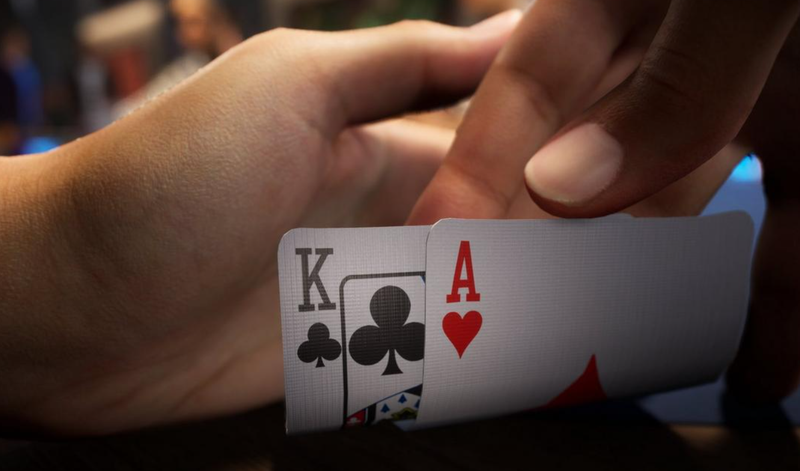
The hole cards in poker determine the strength of your hand from the very beginning.
What Are Hole Cards in Poker?
Hole cards in poker are the two cards each player receives at the start of a hand, and they are fundamental to most poker variants. These are secret cards, known only to the player holding them, while opponents have no knowledge of their value or suit.
The privacy of hole cards in poker is the key factor in building and shaping your hand. When combined with community cards that appear on the table, hole cards help determine the overall strength of your hand and greatly influence strategic decisions throughout the hand. Understanding and effectively utilizing hole cards in poker is essential for developing your poker skills and optimizing your chances of winning.
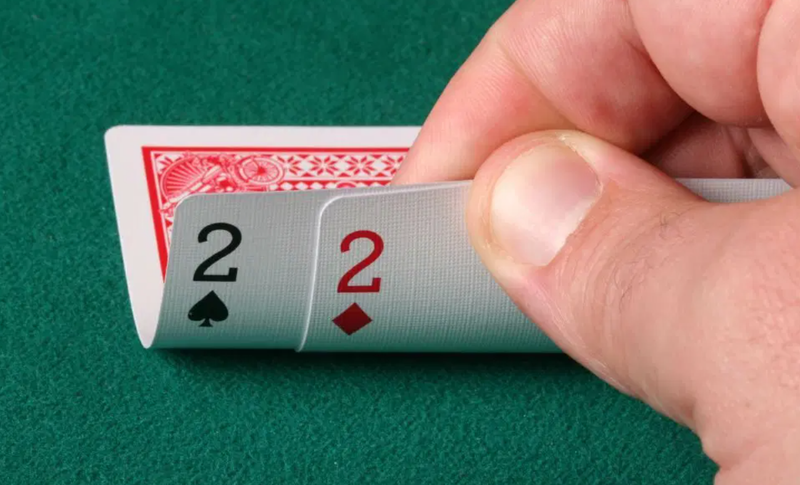
When you have strong hole cards in poker, you have a higher chance of winning.
The Role and Importance of Hole Cards in Poker
Here are the main roles of hole cards in poker:
Determining Hand Value
Hole cards in poker are the foundation of a player's hand. They combine with the community cards on the table to form the strongest possible hand. For example, in Texas Hold’em, players use two hole cards and five community cards to create the best possible hand.
Strategic Play
Having strong hole cards in poker helps you determine your playing strategy. If your hole cards include strong combinations like a high pair or suited cards, you may decide to bet or call confidently. Conversely, if your hole cards are weak, you might choose to play more cautiously or even fold.
Increasing Winning Chances
The combination of hole cards with community cards can create a very strong hand. For example, if you have two suited hole cards in poker, you have the potential to make a flush if the community cards on the table match your suit. A strong hand from hole cards can be the deciding factor in winning a pot.
Concealing Strategy
Hole cards in poker play a critical role in keeping the strength of your hand a secret. Since only you know your two hole cards, keeping this information private is crucial in your strategy. You must make decisions based on your hole cards and your opponents' actions.
Combining with Community Cards
In many poker variants, hole cards are combined with community cards to create the best possible hand. This combination can result in strong hands such as straights, flushes, sets, or two pairs. For example, in Omaha, you have four hole cards and must combine two of them with three of the five community cards.
Influencing Personal Decisions
Your decisions in a hand often depend on the strength of your hole cards. Hole cards in poker can influence you to bet, call, raise, or fold. For example, if you have a high pair from your hole cards, you may feel confident enough to bet aggressively and put pressure on your opponents.

The hole cards in poker greatly influence your decisions to bet, call, or fold.
Examples of Hole Cards in Different Poker Variants
After understanding the definition and role of hole cards, let’s explore specific examples of hole cards in different poker variants.
Texas Hold’em
In Texas Hold’em, each player receives two hole cards, and five community cards are gradually revealed. Players combine their two hole cards with the five community cards to form the best possible hand. For example, if your hole cards are A♠ and K♠, and two of the community cards are also ♠, you could form a flush.
Omaha
In Omaha, each player receives four hole cards and must use exactly two of them in combination with three of the five community cards to create a hand. For example, if your hole cards are 7♠, 8♠, 9♦, and 10♦, and the three community cards are J♠, Q♠, and K♠, you have a straight flush.
Seven Card Stud
In this variant, each player receives seven cards, three of which are face down (hole cards) and four are face up. The hole cards are the three face-down cards that only you can see, while the four face-up cards are visible to you and your opponents.

The hole cards in poker help you assess the situation and choose the appropriate action.
Hole cards in poker play a crucial role in creating your hand and determining your strategy. A deep understanding of how to use your hole cards and combine them with community cards is key to success in poker.


